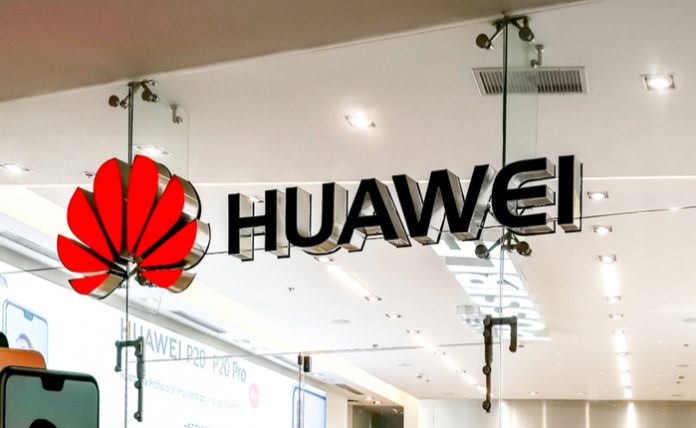American officials are back at the drawing board trying to find new ways to untangle Chinese telecom firm Huawei from global trade cycles.
As we reported last year, earlier U.S. efforts prohibited American companies from buying hardware products from Huawei under the premise that the company, which has close ties to the Chinese government, may use its business relationships for espionage purposes. Here’s analysis from Investopedia last August:
“Huawei has become so big that it now sells millions of smartphones annually, prompting several countries to grow concerned that the company may use its technology to spy on customers. The fact that CEO had been a member of the People’s Liberation Army has added to concerns of individuals and governments who already are inclined to mistrust China’s political leadership. Huawei has insisted that it has no ties to the Chinese government and that it acts as an independent company.”
As we saw then, American companies began to do end runs around regulatory processes in order to get the hardware that they needed from Huawei, showing how futile these types of protectionist practices can be in the twenty-first century.
Today, news at Reuters shows that senior U.S. government officials are floating new rules that would work the other way – requiring companies using American hardware to get a license before supplying some types of processors to Huawei.
The reporting shows that this new redline is not a done deal, but if it goes through, it may create some of the same Catch-22 trade challenges that we’ve seen with tariff activity between the Americans and the Chinese. Experts say that Apple and Qualcomm could lose revenues based on this move, and with the global economy already in turmoil, there’s no telling how this additional restriction could affect markets.
Other tensions also apply.
“The move comes as ties between Washington and Beijing grow more strained, with both sides trading barbs over who is to blame for the spread of the disease and an escalating tit-for-tat over the expulsion of journalists from both countries,” writes a staffer at CNBC.
If you are investing in technology, keep a close eye on global supply chains and the ramifications of these political moves, because the concrete impact may be significant.










